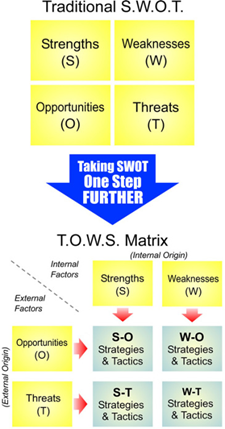Introduction In the realm of enterprise architecture, effective communication with stakeholders is crucial for the success of any architectural initiative.
Continue readingComprehensive Review: ArchiMate for Modeling Cloud Architectures
Introduction In the era of digital transformation, cloud computing has become a cornerstone of modern IT infrastructures. As organizations increasingly
Continue readingComprehensive Guide to ArchiMate Best Practices
Introduction ArchiMate is a powerful enterprise architecture modeling language that helps organizations describe, analyze, and visualize their architectures. To maximize
Continue readingComprehensive Guide to ArchiMate for Cybersecurity
Introduction In today’s digital age, cybersecurity is a critical concern for organizations of all sizes. Ensuring the protection of sensitive
Continue readingArchiMate for Service-Oriented Architecture
Service-oriented architecture (SOA) is a design paradigm that organizes and utilizes distributed capabilities to support business processes. ArchiMate, with its
Continue reading
Visual Paradigm: A Comprehensive Suite for IT Project Development and Digital Transformation
Visual Paradigm is a comprehensive suite of design, analysis, and management tools designed to drive IT project development and digital
Continue readingCase Study: Conducting a PEST Analysis for the Healthcare Industry Using Mind Mapping and Infographics
Introduction PEST analysis is a strategic tool used to understand the macro-environmental factors that can impact an industry. It stands
Continue readingApplying the Findings of PEST Analysis to Airbnb
Conducting a PEST analysis provides valuable insights into the external environment affecting Airbnb. To apply these findings effectively, Airbnb needs
Continue readingCase Study: Understanding PEST Analysis for Electric Vehicle
Introduction PEST analysis is a strategic tool used to understand the external factors that can impact an organization or industry.
Continue reading
Strategic Planning with SWOT Analysis: Maximizing Benefits and Minimizing Risks
Introduction to SWOT Analysis SWOT analysis is a strategic planning tool used to identify and evaluate the Strengths, Weaknesses, Opportunities,
Continue reading